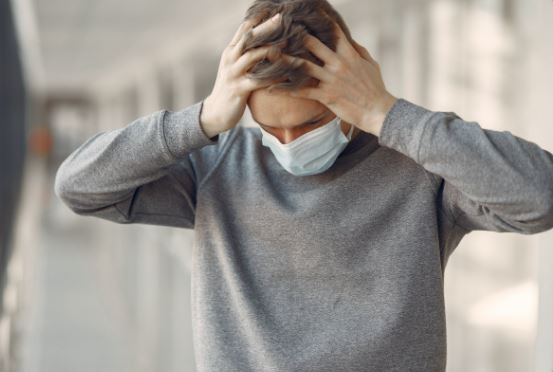The COVID-19 pandemic has turned our lives upside down, in many different ways.
And so it is understanding that dealing with this disease has been very stressful. Many of us are facing rising fear, anxiety, and depression, and public health actions like social distancing are making people feel isolated and lonely, which often magnifies these mental health issues.
This National Depression Awareness Month
It is essential that we make ourselves aware of how those around us – our loved ones and those in our community – are dealing with the stress of the pandemic.

The stresses people are facing due to COVID-19
- Fear and anxiety over their own and their family’s health issues;
- Fear and worry over financial and job security;
- Changes in sleep and eating behavior;
- Struggling to concentrate;
- Worsening of chronic health and mental conditions;
- Increased use in substances such as tobacco and/or alcohol, etc.
Ways to cope with the anxiety and depression surrounding the pandemic
- Educate yourself on what to do if you are sick with the Coronavirus and where to get treatment;
- Take care of your emotional health, so you think and act clearly;
- Limit the amount of news you are consuming with regards to the pandemic;
- Look after your body with meditation, sleep, regular exercise, and healthy eating;
- Take time to unwind and connect with other people.
The importance of treatment for depression, especially during a pandemic, mental health is so crucial for our overall well being because it affects how we think, feel, and act.
 Chances are, if you are taking care of your depression, you will act appropriately in handling stress, how you relate to others, and the choices you make during a pandemic.
Chances are, if you are taking care of your depression, you will act appropriately in handling stress, how you relate to others, and the choices you make during a pandemic.
Often during times of emergency people with mental health conditions will see new or worsening symptoms, which is why it’s so important to continue with treatment over these stressful times. If you feel stress or depression is getting in the way of your daily activities – and for several days in a row – it’s important to be in touch with your healthcare provider.
How Transcranial Magnetic Stimulation (TMS) can help?
For the millions of people suffering from depression who do not benefit from antidepressants or can’t stand the side effects of the medication, it’s time to try TMS as an alternative treatment.
TMS has been proved to help with depression, as well as chronic fatigue syndrome and OCD.
What happens is a focusing of electromagnetic pulses at specific regions of the brain, which results in TMS activating and raising the levels of neurotransmitters in the patient’s underperforming areas.
TMS is a viable therapeutic option for those that have not benefited from antidepressant medication.
Eastside TMS and Wellness Center has a patient-first philosophy, which means we take the time to ensure the comfort of our patients, offer compassion, and answer any questions that you may have.
Give us a call at 425-919-6826 or find out more about TMS and what we do.


